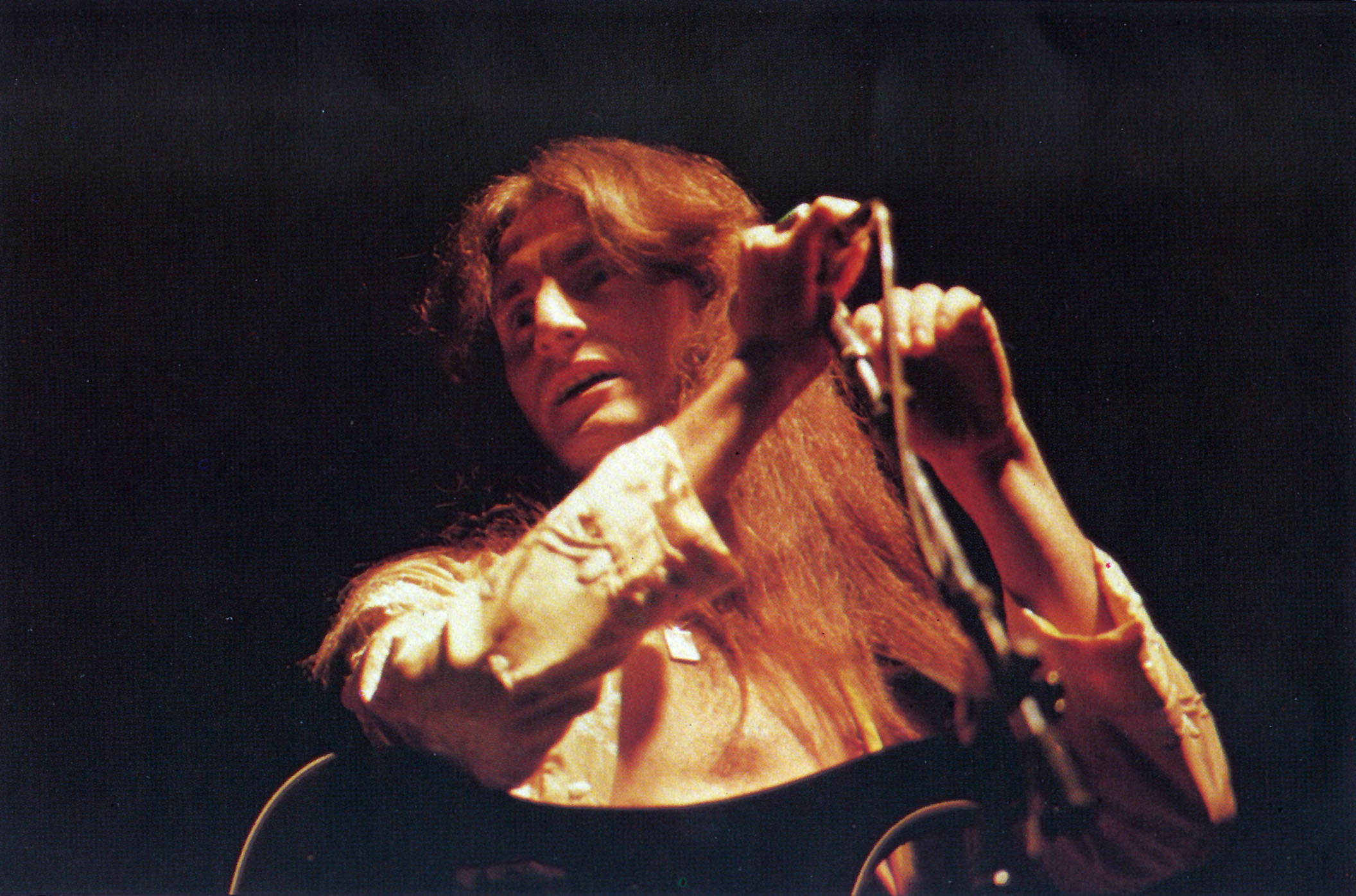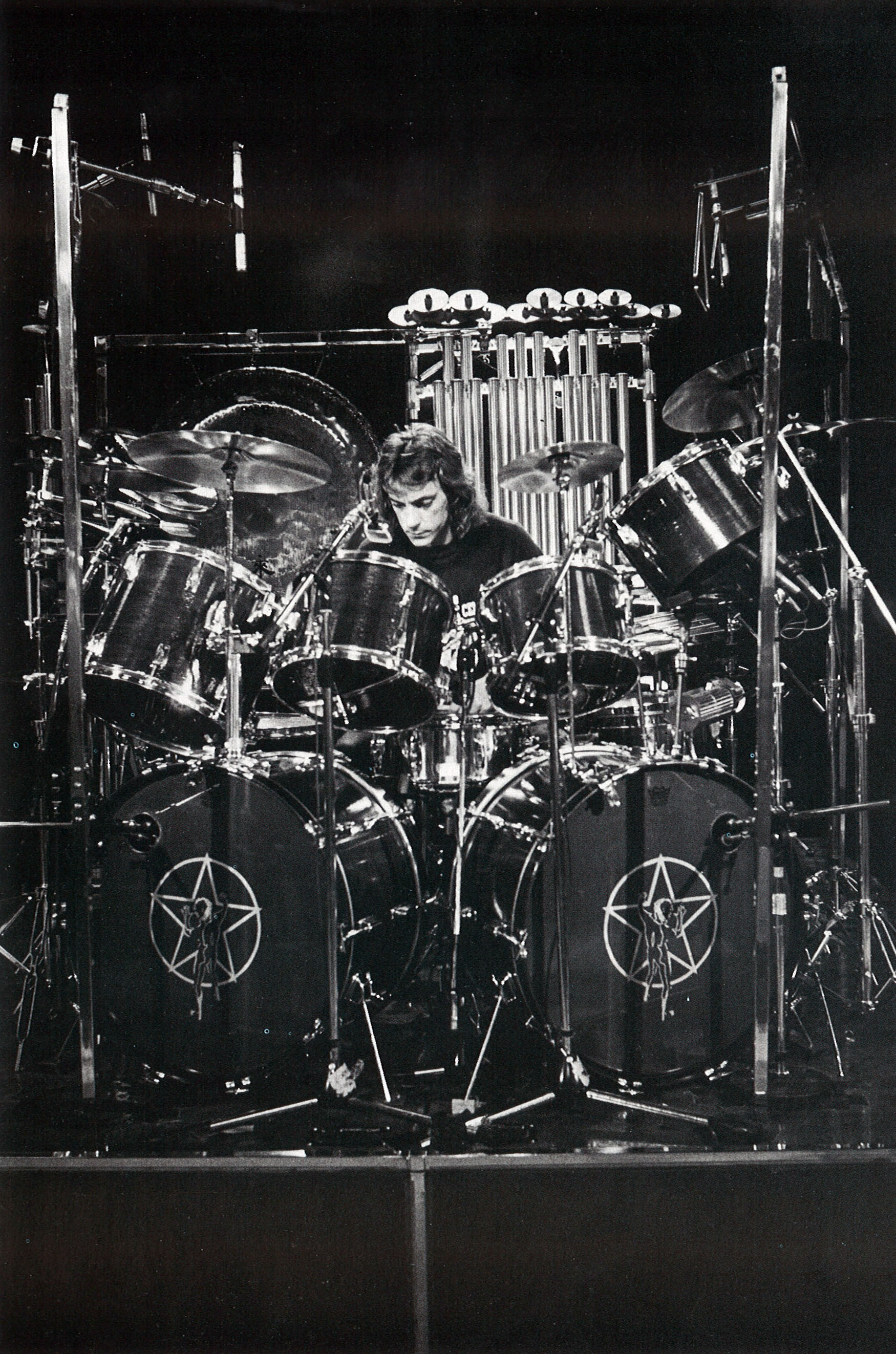Streamlined success
 The dawn of a new decade, and in turn the dawn of a new direction for the Canadian power trio. By the time 1980 rolled around Rush had almost spent their creative juices on their previous record. While "Hemispheres" was another huge success for the band, Rush knew that if they were to continue down this trajectory that it would only spell doom for their careers. To rectify this potential problem, Rush went into a direction that might seem blasphemous to the hardcore progressive rock fans they had acquired: they streamlined their sound. Rush were taking notice of the new bands that were appearing around the late seventies to early eighties. Artists such as The Police, Talking Heads, Elvis Costello and many more showed the band that they could still apply their complex gifted talents, but in turn could produce music that was catchy. With this methodology, the band released their seventh album two weeks into the new decade, “Permanent Waves”, and this was a fantastic introduction into the eighties.
The dawn of a new decade, and in turn the dawn of a new direction for the Canadian power trio. By the time 1980 rolled around Rush had almost spent their creative juices on their previous record. While "Hemispheres" was another huge success for the band, Rush knew that if they were to continue down this trajectory that it would only spell doom for their careers. To rectify this potential problem, Rush went into a direction that might seem blasphemous to the hardcore progressive rock fans they had acquired: they streamlined their sound. Rush were taking notice of the new bands that were appearing around the late seventies to early eighties. Artists such as The Police, Talking Heads, Elvis Costello and many more showed the band that they could still apply their complex gifted talents, but in turn could produce music that was catchy. With this methodology, the band released their seventh album two weeks into the new decade, “Permanent Waves”, and this was a fantastic introduction into the eighties.
Beginning with the shorter tracks, "Permanent Waves" opens with one of Rush’s biggest hits, “The Spirit of Radio”. While this song marks the beginning of Rush’s more mainstream approach, this doesn’t mean that their artistic integrity has been sacrificed in the slightest. Opening with one of Lifeson’s best riffs, the song retains all the elements that made Rush great in the previous decade. The shifting time signatures, experimental left field turns (with the end section of the track breaking seamlessly into this reggae inspired groove), the intellectually rich lyrics, all of the signature Rush ingredients are still present and accounted. This track discussing multiple facets of the music industry such as the allure, the grandeur, and the beauty that music can give to the listener. However, there is this wonderful contrast later on with the business side of the industry, the one that is focused on giving a product rather than sharing art. Rush impart to the listeners that the factors that are going to determine how a musician is going to survive in this industry will be their integrity and their honesty, that behind all the “glittering prizes and endless compromises” one’s own self-worth and artistic confidence is going to pull them through and make the art that they desire. That is the spirit of radio, and the spirit of music as a whole.
Luckily, the band has enough steam in the tank to then produce another fantastic Rush staple, “Freewill”. A biting critique on superstitious fears, the song imparts on how these mindsets limit one's capabilities. A person is in perpetual fear, shifting blame onto others instead of accepting personality responsibilities when they become dependent on these irrational beliefs. In a brilliant implementation of irony, the person who dispels those notions is the one who is exhibiting "freewill", an idea that is frequently touted by the superstitious but one that is not really implemented. Just another standout and heavily thought provoking track on this album. 

Opening the second side, "Entre Nous" is the most emotionally open track off the record. Inspired by real events while touring, Neil Peart constructs a song about the fears that people have with being open with one another. For all of us "we are secrets to each other...Each one's life a novel no-one else has read". We all have our experiences, we all have our stories to tell, but we keep each other at a distance, never really revealing who we are, but at the same time we are always passing by one another. To get a bit personal, I am someone who is on the Autism spectrum disorder, specifically Aspergers and while this song is not about the condition and what one goes through, I do relate heavily with this feeling. I have felt many times, especially in the early parts of my life, that I kept myself at a distance, never really opening up to people and not wishing to. Whether it'd be to how I felt people couldn't understand me, or how I wasn't confident in what I was feeling at a particular moment, I was in many ways that person as depicted in the song. I was "alone and yet together" with other people. Personal connections aside, this is one of Neil Peart's most vulnerable tracks, an approach he would show to greater effect on subsequent releases.
 "Different Strings" is a calmer, more subdued piece. Opening with soft acoustic strings and peppered with piano notes, until Peart comes in with light percussion and hitting of the cymbals. A track written by Geddy Lee, this is probably the weakest track off the record. While a nice gentle track, it ultimately suffers from a little bit of a confused delivery, though luckily the message is able to shine through. A possible interpretation that one can surmise is that the song is about Alex and Geddy's friendship. It expresses that while they have been on the same path, they have always observed and experienced events differently, with different eyes, whose hearts beat with different strings, but ultimately they are one whole even with their different interpretations of experiences. Though that is only just an interpretation that I have crafted for myself, others can perceive the track to have different meanings.
"Different Strings" is a calmer, more subdued piece. Opening with soft acoustic strings and peppered with piano notes, until Peart comes in with light percussion and hitting of the cymbals. A track written by Geddy Lee, this is probably the weakest track off the record. While a nice gentle track, it ultimately suffers from a little bit of a confused delivery, though luckily the message is able to shine through. A possible interpretation that one can surmise is that the song is about Alex and Geddy's friendship. It expresses that while they have been on the same path, they have always observed and experienced events differently, with different eyes, whose hearts beat with different strings, but ultimately they are one whole even with their different interpretations of experiences. Though that is only just an interpretation that I have crafted for myself, others can perceive the track to have different meanings. Shifting back to the first side, this side concludes with the first long track, “Jacob’s Ladder”. At seven and a half minutes long it is a track drenched in atmosphere, opening with this fantastic implementation of synthesizers by Geddy Lee. Throughout the track the synthesizers help the track relay a science fiction feel to the event. It's as if an alien spaceship is making first contact with Earth, and it makes for a surreal experience. The track from there just builds and builds, with this thunderous riff that Lifeson emits from his guitar, like thunder is booming in the distance. Peart's drums also help with that effect, as if a marching band is going to come forth as well. As the song builds and builds it becomes grander, more epic, and the listener is on the edge from the anticipation. Near the end, "Jacob's Ladder" builds into this brilliant crescendo at the end as it depicts sunlight going through dense clouds. A welcomed change in style from "Spirit of Radio" and "Freewill" and a shift that feels natural as well.
Shifting back to the first side, this side concludes with the first long track, “Jacob’s Ladder”. At seven and a half minutes long it is a track drenched in atmosphere, opening with this fantastic implementation of synthesizers by Geddy Lee. Throughout the track the synthesizers help the track relay a science fiction feel to the event. It's as if an alien spaceship is making first contact with Earth, and it makes for a surreal experience. The track from there just builds and builds, with this thunderous riff that Lifeson emits from his guitar, like thunder is booming in the distance. Peart's drums also help with that effect, as if a marching band is going to come forth as well. As the song builds and builds it becomes grander, more epic, and the listener is on the edge from the anticipation. Near the end, "Jacob's Ladder" builds into this brilliant crescendo at the end as it depicts sunlight going through dense clouds. A welcomed change in style from "Spirit of Radio" and "Freewill" and a shift that feels natural as well.
The album concludes with another long track, “Natural Science”, and at nine minutes long it is a journey. Opening with acoustic strumming and snippets of flowing streams, your transported into a zen like state where you truly feel small in a cosmic sense. The track transitions into this nice light guitar riff in addition to the bass and drums coming in, but it still is fairly light and flexible, and then before you know it, the band kicks in with this aggressive riff, almost like a stream going faster and faster. The band keeps ramping up the pace, Peart at once fluid and light and then aggressive like a war drum at the same time, Lifeson performing mind bending solos, with Geddy Lee’s vocals almost steering the conceptual ship, until it calms down near the end and becomes more mid paced and fluid in a sense. One of the best dynamics that the band has ever exhibited and a fantastic end to this album.

Rush had survived the transition to the eighties, and “Permanent Waves” would reach gold by the middle of March. The band had yet another hit on their hands, and in the changing music landscape, they were able to effectively adapt to the changes that were brought forth to them. One year later, Rush released another album with this adapted mindset...little did anyone know that the band was about to drop their magnum opus.

Rush had survived the transition to the eighties, and “Permanent Waves” would reach gold by the middle of March. The band had yet another hit on their hands, and in the changing music landscape, they were able to effectively adapt to the changes that were brought forth to them. One year later, Rush released another album with this adapted mindset...little did anyone know that the band was about to drop their magnum opus.


Comments
Post a Comment